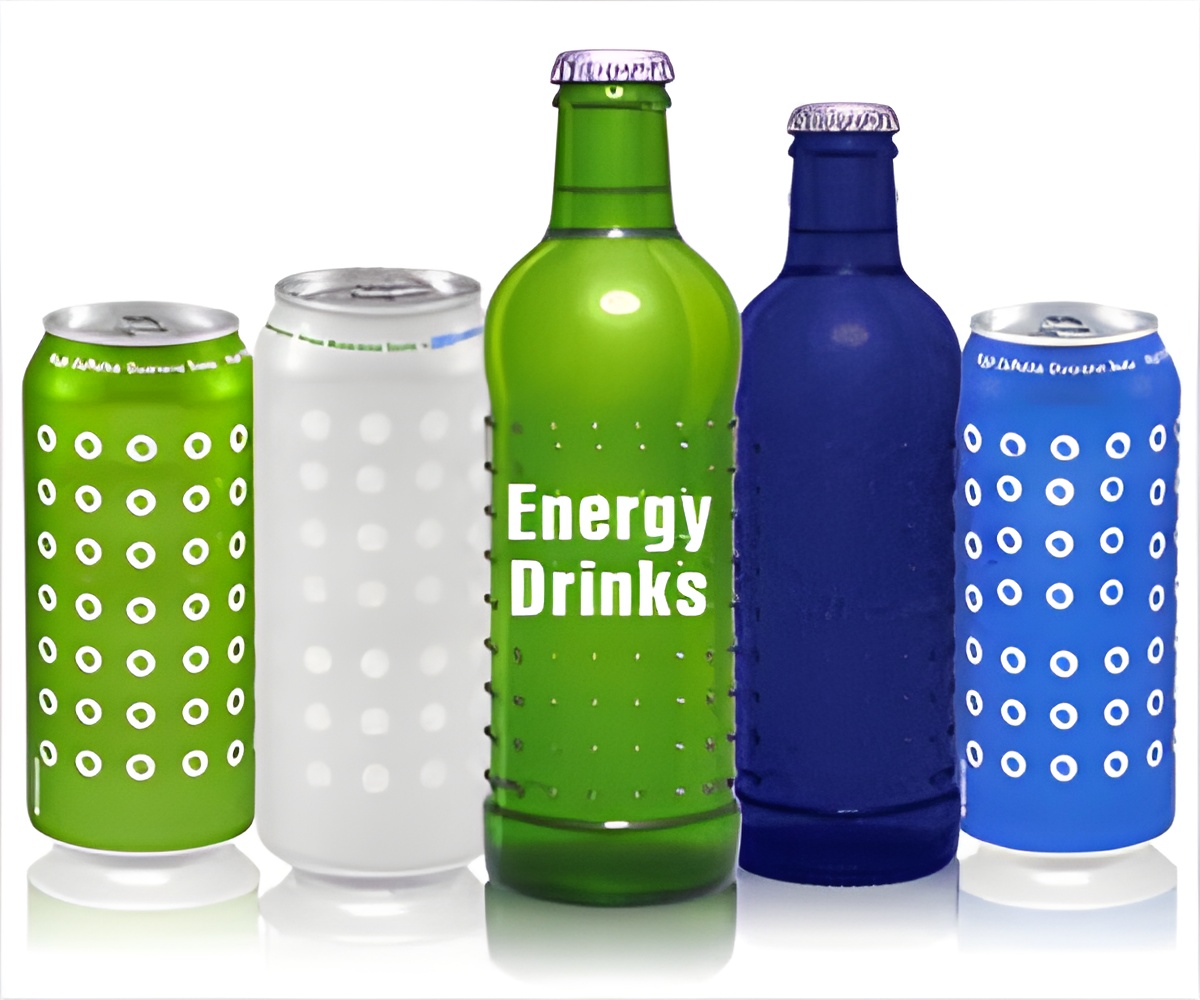
‘Energy drinks are advertised to children and young adults. A study done in Canada shows that over half of those who consume energy drinks experience rapid heartbeat, nausea, sleeplessness.’
Tweet it Now
In a nationwide survey of Canadian youth, over half of those who had ever consumed an energy drink had reported experiencing an adverse health event, including rapid heartbeat, nausea, and in rare cases, seizures. Currently, Canadian legislation is meant to prohibit energy drinks from being marketed to children and energy drinks are not recommend to be used by people participating in sporting activities.
"Most risk assessments to date have used coffee as a reference for estimating the health effects of energy drinks; however, it is clear these products pose a greater health risk," said David Hammond a Professor in the School of Public Health at the University of Waterloo.
"The health effects from energy could be due to the different ingredients than coffee, or the ways in which they consumed, including with alcohol or during physical activity; regardless, the findings suggest a need to increase surveillance of health effects from these products."
In conducting the study, the research team surveyed 2,055 young Canadians aged 12 to 24. Of those that had reported consuming energy drinks at some point in their lives, 55.4 percent reported experiencing an adverse health event.
Advertisement
- 24.7 percent reported experiencing a fast heartbeat
- 24.1 percent reported difficulty sleeping
- 18.3 percent reported experiencing headaches
- A total of 5.1 percent reported nausea, vomiting or diarrhea
- 5 percent sought medical attention
- 3.6 percent reported experiencing chest pains
- 0.2 percent reported having a seizure
"At the moment, there are no restrictions on children purchasing energy drinks, and they are marketed at the point-of-sale in grocery stores, as well as advertising that targets children."
Advertisement











